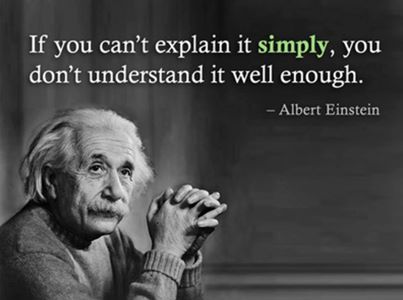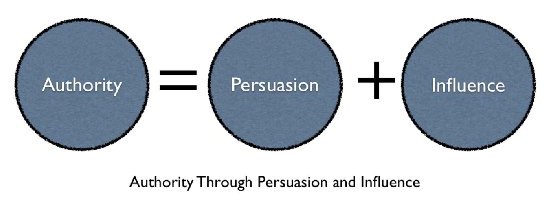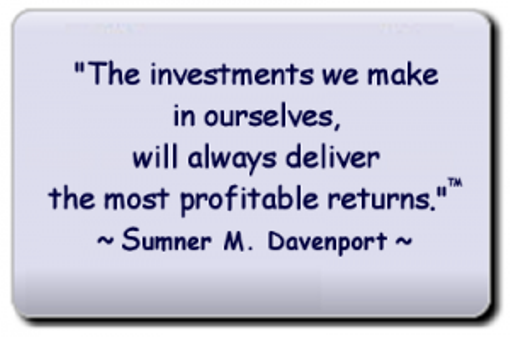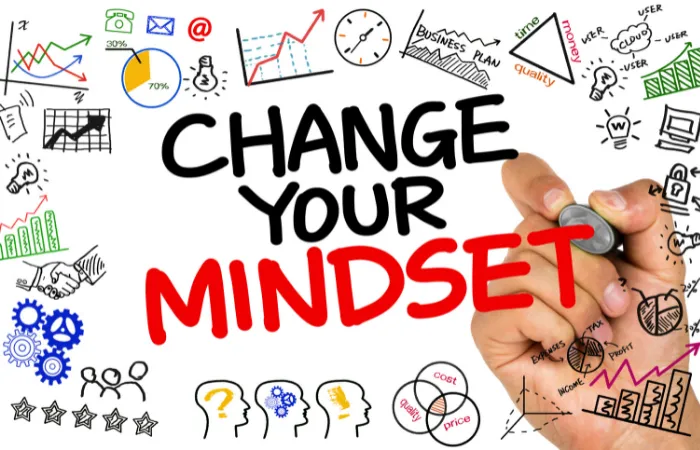The field of Neuro Linuistic Programming (NLP) has been explained in many different ways by many different people. A simple search on internet will throw up millions of results.
More often than not, you would tend to get lost in the stream of jargon and abstract explanations, which - at best would be ineffective in communicating any idea about this field and at its worst, it might be downright useless and incorrect.

Many people make decisions about attending an NLP training / certification course with this limited (and often bordering on no) understanding about this field. Not surprisingly, most of the times, they are disapppointed.

If a trainer cannot even explain the concept of a field they claim to be a trainer of, in a way that can be reasonably understood by any one, then how can they explain the content in way that will be understood (let alone be applied) ?

In this post, I will Un-Explain NLP for you. My choice of words might intrigue you. And I assure you that this is a deliberate intent on my part. My endeavor, as you will find, is to move away from any and all jargon & terminologies and use this as an opportunity to help you understand how and why it relates to YOU !!

This is the first post in a series of posts that I will be writing in the coming days.
Let's start by listing out a few of the things you learn when you undertake a Practitioner Certification training in NLP:
a) You learn the different ways in which your body language affects rapport
b) You learn the different ways in which your choice of words affect rapport
c) You learn to understand the processing within a persons mind based on the movement of their eyes and then you can use this to get a better understanding of them
d) You learn the ways in which you can change your own and others emotional states
e) You learn about the habitual and conditioned responses that we have and how these can be changed and new conditioning be achieved
f) You learn to ask questions that are most suitable to get you a desired result
g) You learn specific language patterns which you can use in your vocabulary that will communicate subtle cues/messages at a subconscious level
h) You learn how you can modulate your voice quality to have a desired effect on others
i) You learn specific processes and techniques that you can use in your personal, as well as professional context to resolve conflicts & dilemmas, overcome fears, let go of limiting beliefs and acquire useful beliefs.
Now why should you bother to learn these things?
If you notice all the points listed above are essential ingredients to become better at influencing and persuading others.

And where do you think you might need to be better at influencing & persuading? Will it be in inter-personal relationships? Will it be in a team management situation? Will it be in a leadership role? Will it be while playing sports or in healing/curing your client?
If you have to interact with other humans, then you MOST definitely need to continue sharpening your skills at influencing & persuading others.

Some of the best leaders & negotiators continually invest in themselves to become even better at what they are already good at.
And if you are not as good as you would like (at these skills) - then you cannot not afford to invest in training yourself.





